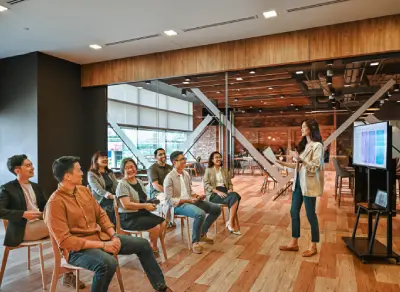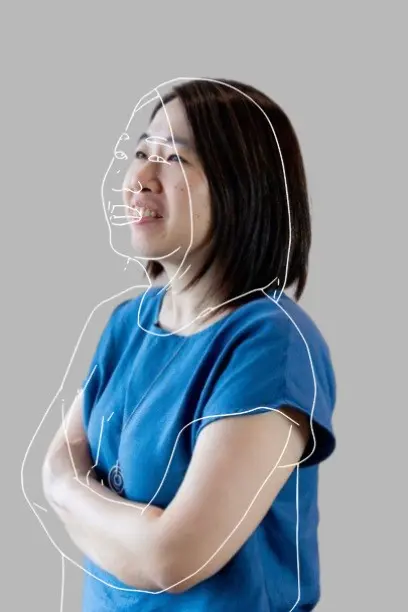
Collaborate. Inspire. Transform.
Join us as an Architect of Singapore's Digital Future, and explore a culture of
Care, Respect, Integrity, Courage, Innovation, Collaboration.


IMDA provides you with an Un-Gov, Fun, Dynamic and Snazzy Environment
-
Collaborative atmosphere
Expect dynamic interactions and open communications throughout the organisation
-
Lifestyle workspace
Designed to inspire creativity, encourage collaboration and foster a sense of community through entertainment and relaxation
-
Conducive environment
Tailored to your working needs – whether you prefer a quiet spot to focus or a bustling area to bounce ideas off your colleagues, we have you covered!
-
Lifestyle workspace
Designed to inspire creativity, encourage collaboration and foster a sense of community through entertainment and relaxation
-
Conducive environment
Tailored to your working needs – whether you prefer a quiet spot to focus or a bustling area to bounce ideas off your colleagues, we have you covered!
Our office space



IMDA provides you with diverse opportunities as Architect of Singapore’s Digital Future
-
Be a part of the forerunners of tech
Our work spans across the Business, Policy and Social domains, all underpinned by cutting-edge technology
-
Undertake impactful and meaningful work
Make a real difference that directly impacts the lives of our people and local businesses
-
Dream, design, deliver
Dream big, design with passion and deliver excellence alongside a team of talented professionals who share the same drive and enthusiasm
-
Undertake impactful and meaningful work
Make a real difference that directly impacts the lives of our people and local businesses
-
Dream, design, deliver
Dream big, design with passion and deliver excellence alongside a team of talented professionals who share the same drive and enthusiasm



IMDA grows your Technical & Leadership Capabilities as a professional and as a digital architect
-
Gain sector exposure
Expand your horizons by collaborating and engaging with different industry sectors and partners
-
Learning opportunities abound
Unlock endless learning opportunities with job rotations that allow you to acquire broad or specialized technical development within IMDA
-
Personal growth and upskilling
Embrace a growth mindset and tap onto self-directed learning and professional upgrading opportunities through IMDA Academy. The sky’s the limit!
-
Learning opportunities abound
Unlock endless learning opportunities with job rotations that allow you to acquire broad or specialized technical development within IMDA
-
Personal growth and upskilling
Embrace a growth mindset and tap onto self-directed learning and professional upgrading opportunities through IMDA Academy. The sky’s the limit!
Opportunities
for all
Whether you are a fresh graduate, mid-careerist, or passionate individual, here's your chance to explore an exciting and meaningful tech or media career with IMDA now!


Passionate
individuals


Pre-university
& university students
Hear from our people
Get a sneak peek into #LifeAtIMDA through the lens of current IMDA officers and understand what working in IMDA is really like!















.webp)